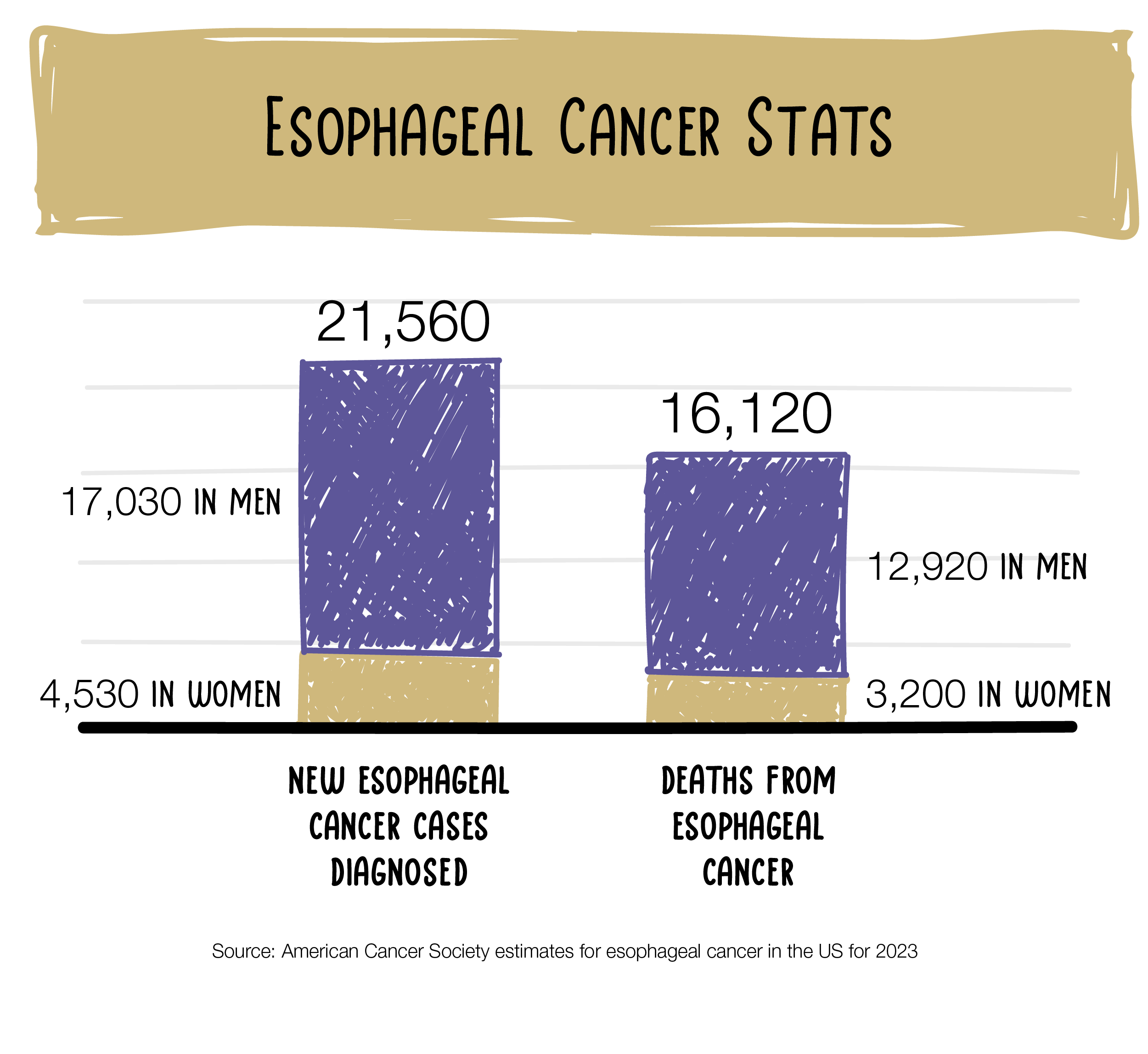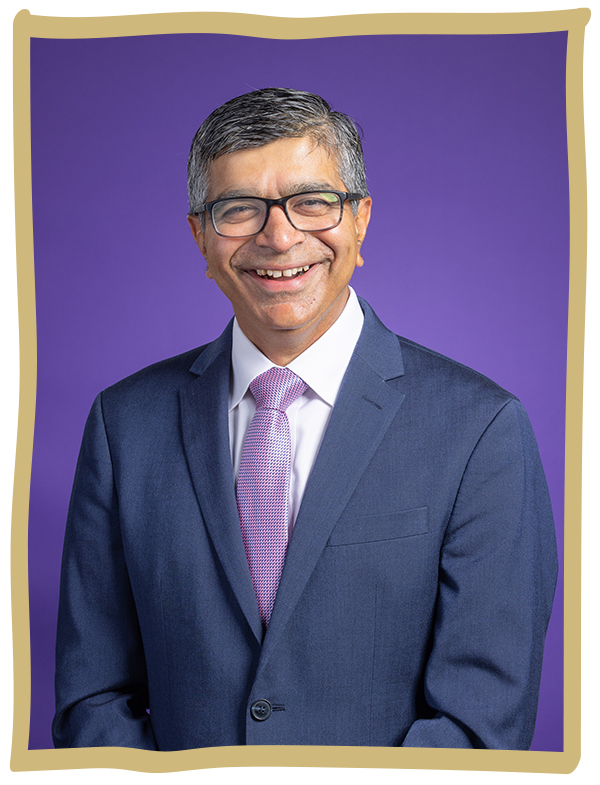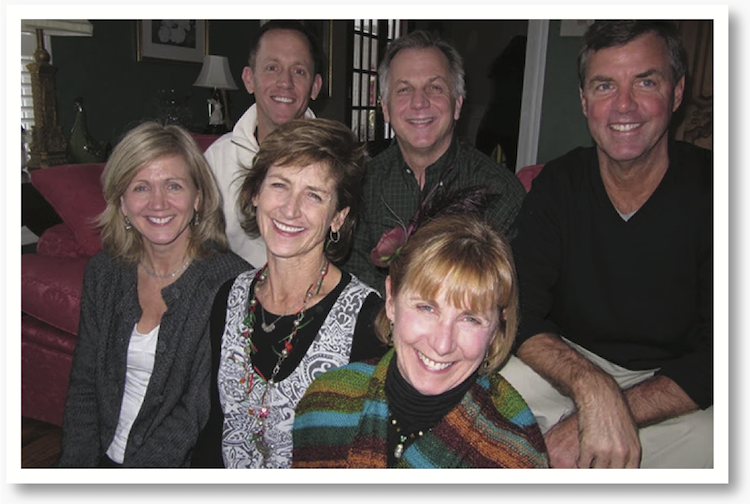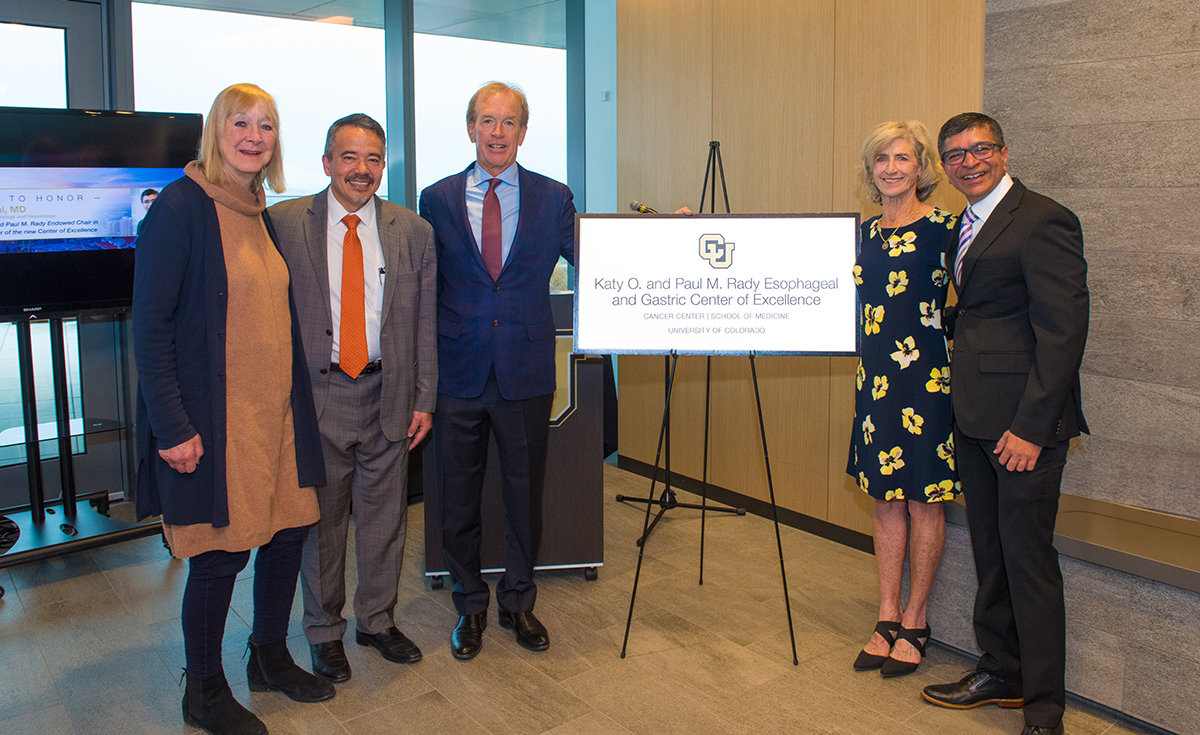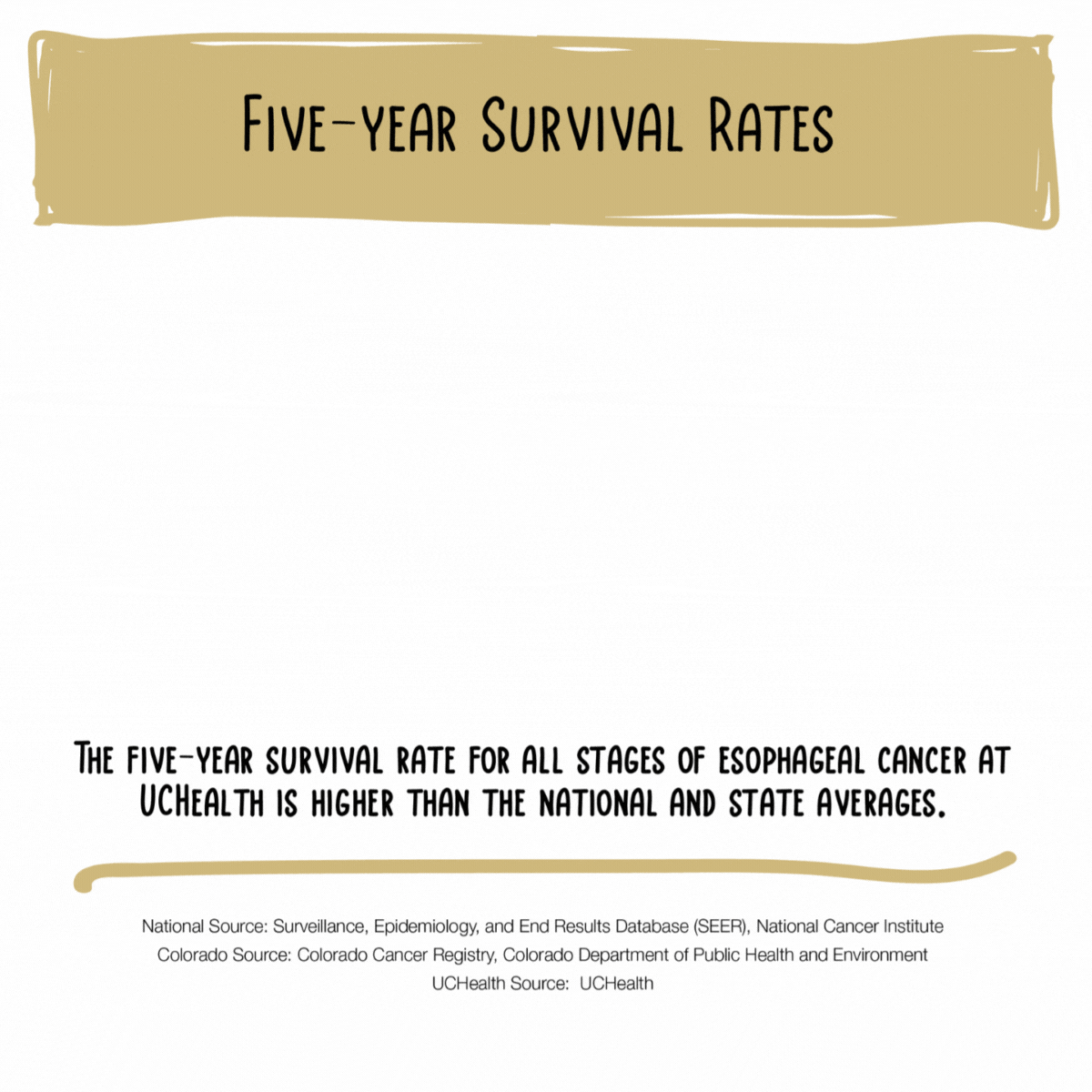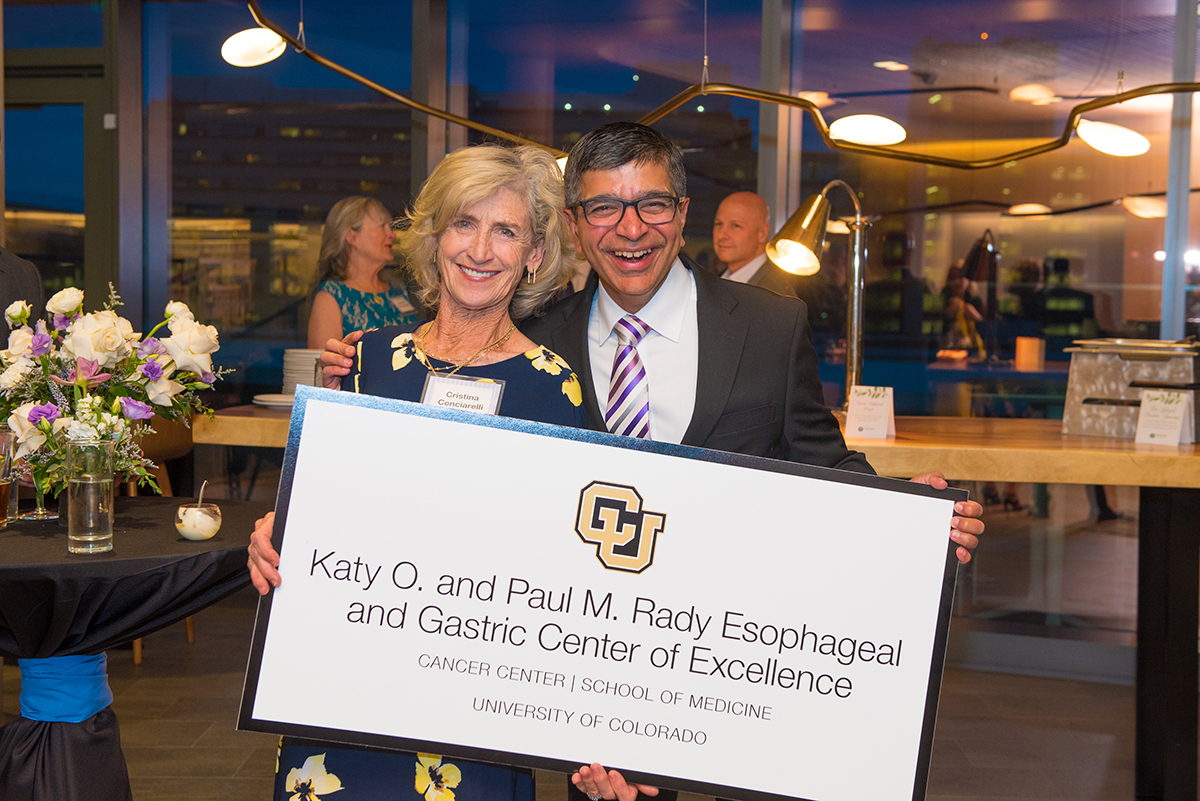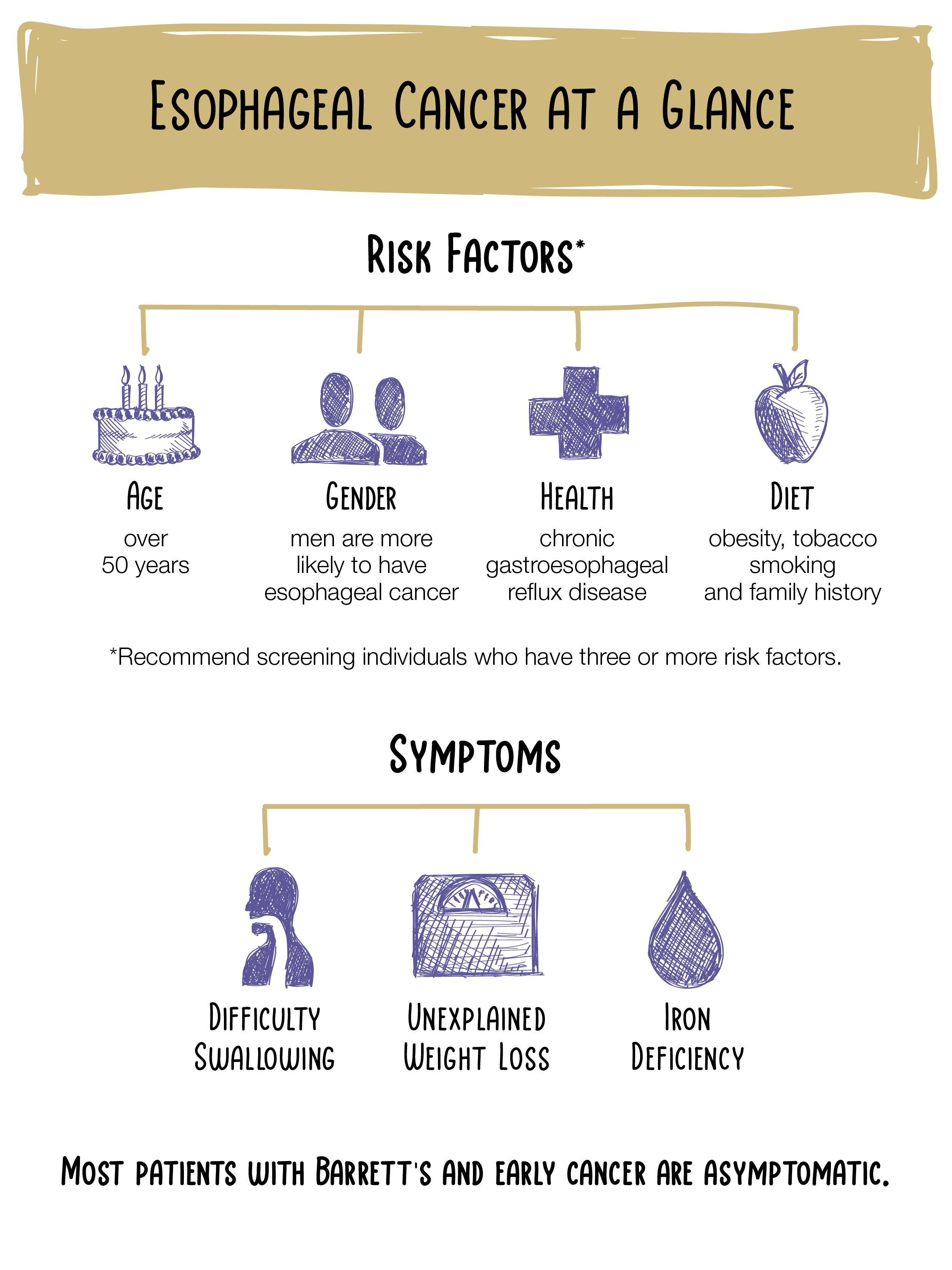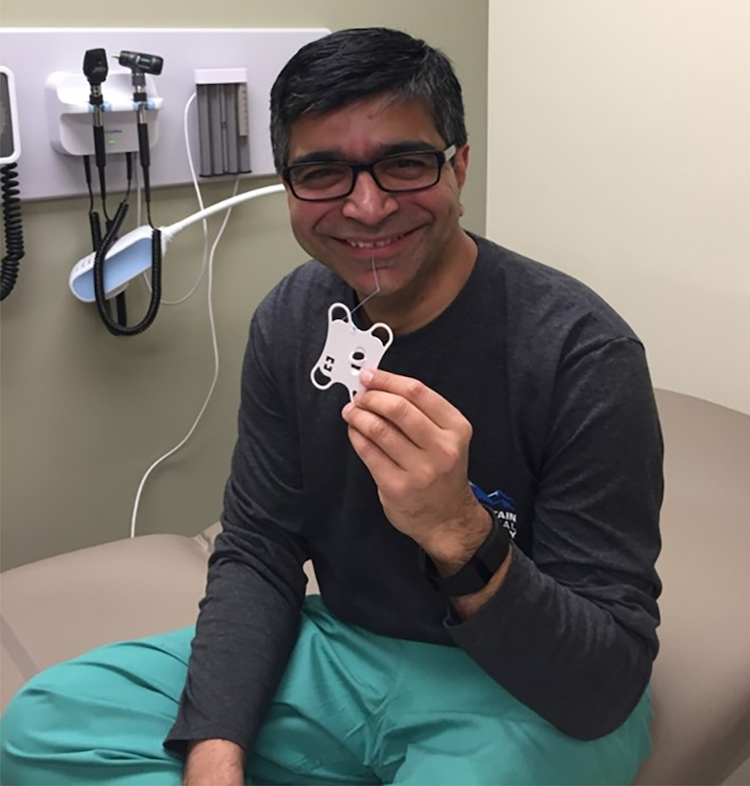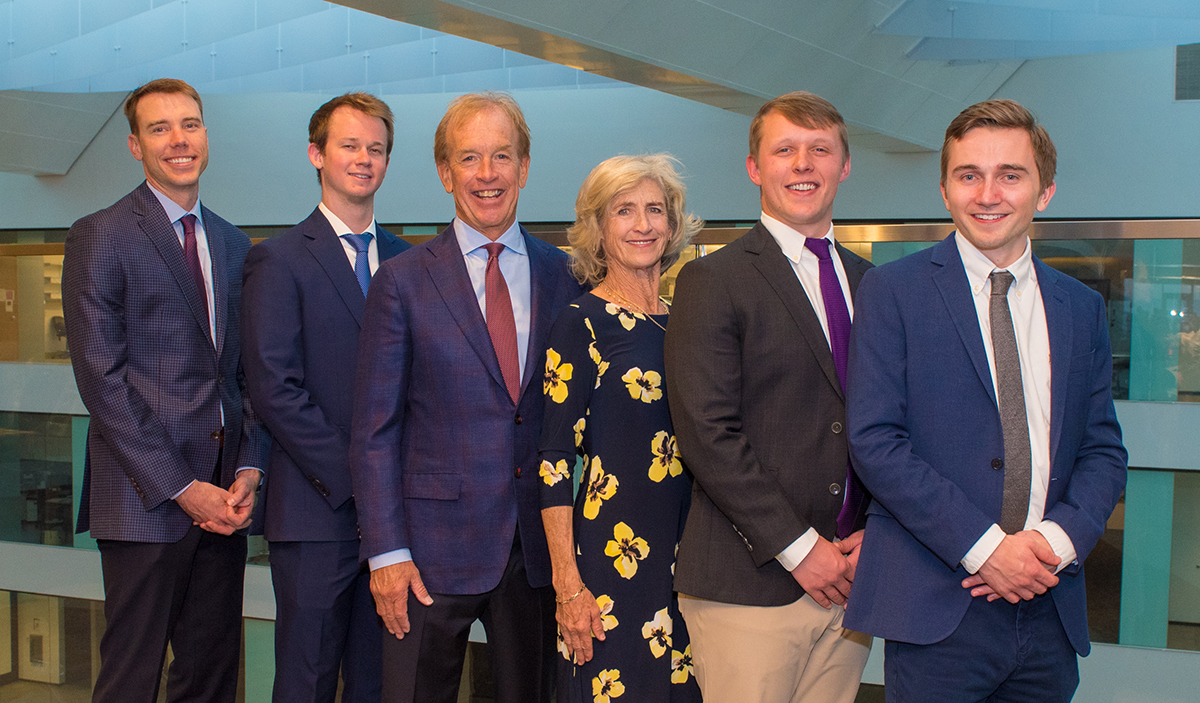A Beacon of Hope:
CU Cancer Center Outshines Esophageal Cancer
Thanks to philanthropic support, dreams of earlier detection and prevention of esophageal cancer can now become a reality through the establishment of a new center of excellence.
Imagine your life being turned upside down because of a medical diagnosis. Before you can begin to understand the disease, there’s a cloud hanging over your head; a new uncertainty to life, from test results to treatment plans.
These scenarios are all too familiar for the thousands of patients who are diagnosed with esophageal cancer each year. In 2023 alone, the American Cancer Society estimates there will be roughly 21,560 new esophageal cancer cases. Incidence of this disease has risen over the last three to four decades, and the five-year survival rate remains grim, hovering at less than 20%.
What if better outcomes were possible? What if the brightest minds in medicine could offer real hope, grounded in data and leading-edge science? Through the creation of the Katy O. and Paul M. Rady Esophageal and Gastric Center of Excellence, made possible by a $20 million philanthropic gift from the Rady family, this hope will come to fruition.
Housed within the University of Colorado Cancer Center (CU Cancer Center), the Rady Center of Excellence is the latest jewel in the innovation ecosystem at CU Anschutz. Already recognized as one of the top cancer centers in the country, the CU Cancer Center is also one of the few National Cancer Institute-designated comprehensive cancer centers in the Rocky Mountain region. According to Chancellor Don Elliman, the establishment of the Rady Center of Excellence will be transformational for the campus.
This is going to put Colorado on the map as a leader in preventing and treating esophageal and gastric cancers, helping save many lives. The Rady Center of Excellence embodies the essence of the patient-centered care we deliver and the limitless potential of our campus. We are deeply grateful to the Radys for their tremendous philanthropic partnership.”
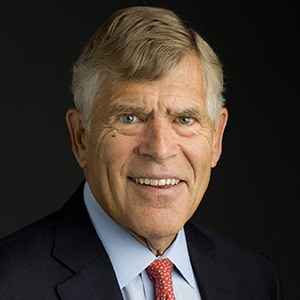
Don Elliman
Chancellor of the University of Colorado Anschutz Medical CampusThe extraordinary gift from the Radys provides dedicated resources to advance esophageal and gastric cancer research and clinical trials, bolster screening and surveillance efforts and accelerate the development of next-generation diagnostic tools and novel therapeutics. Their goal in establishing a new center of excellence is to hasten promising research and spare other families the pain of loss they have endured.
“I personally want to make CU Anschutz a bright spot in a really sad world,” said Katy Rady. “To all the esophageal cancer patients and their families, I feel your journey because I went through this with my brother, Paul. I want you to know that there is hope.”
Embracing the spirit of altruism
The uncertainty of being diagnosed with advanced esophageal cancer was all too real for Paul R. O’Hara II and his family. From the sobering survival rate of his late-stage diagnosis to the underwhelming clinical care he received in his home state, the outlook seemed bleak. But Paul, who his sister Katy affectionately calls “Paulie,” wasn’t one to settle.
“My brother was extremely inquisitive and craved information, and he never let negative thoughts take over,” she said.
Paul’s determination led him to Colorado, where the CU Cancer Center was highly regarded for its multidisciplinary clinic and positive patient outcomes. It took only one visit to the CU Anschutz Medical Campus for the family to realize there was something special about this place; a unique, whole-person care mission that wasn’t just about the cancer, but the patient and family facing it.
“When Paulie came to the CU Cancer Center, we knew this place was different,” said Katy. “Instead of waiting an hour to see a doctor for five minutes, we walked into a room of eight experts who engaged with us and asked questions. That’s the magic of a multidisciplinary clinic.”
This type of comprehensive evaluation and treatment is one of the hallmarks of the CU Cancer Center and UCHealth University of Colorado Hospital. In Paul’s case, he had access to a team of experts from all the specialties that treat esophagus and gastric diseases including surgeons, oncologists, radiologists, nutritionists and more. Even though Paul’s late-stage diagnosis left little room for treatment, his care team didn’t stop trying, and most of all, prioritizing his mental well-being and happiness.
“Caring for a patient throughout their cancer treatment, when there is no known cure, is a foundation for a sacred relationship,” said Madeleine Kane, MD, PhD, one of the CU Cancer Center members who treated Paul alongside Wani.
“That first day at the clinic, Dr. Kane sat and talked with us for 45 minutes,” said Katy. “We were blown away. We knew that Paulie’s cancer was a killer, but here’s a prominent doctor who made time to talk to someone who was dying. It was a blessing for our family.”
Sadly, Paul R. O’Hara II succumbed to esophageal cancer in 2015. Katy created a lasting tribute to his memory through the Paul R. O’Hara II Endowed Chair in Esophageal Cancer at the CU Cancer Center as well as a symposium for patients and families, which also bears his name. Kane became the Paul R. O’Hara II Endowed Chair in Esophageal Cancer; she said the opportunity to get to know Paul and his family is something she will always remember.
Katy and her husband, Paul, took their generosity a step further with a new gift to establish the Rady Center of Excellence. They experienced exceptional care and want to make life brighter for the next patient and their families – writing a new future for individuals like Paulie.
We feel blessed to be part of the CU and UCHealth family. There are so many smart people here who are working extremely hard to make the world a better place. Paul and I are humbled to be a tiny part of that.”
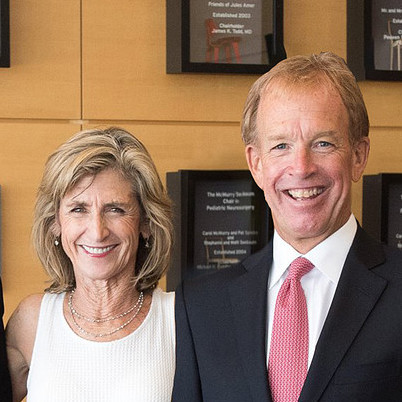
Katy and Paul Rady
Bigger picture, better outcomes
It is no small feat to establish an esophageal cancer center of excellence, especially when there are just a handful of such centers in the US today. But it’s a task that Richard Schulick, MD, MBA, director of the CU Cancer Center and Department of Surgery, is confident his team is ready to tackle. “We have the talent and resources to provide world-class cancer care and service,” he said. “This is what we are called to do.”
Due to the incredibly positive outcomes of the CU Cancer Center and UCHealth, esophageal cancer patients have a higher survival rate than the state average.
Part of what makes CU Anschutz so unique is the campus infrastructure of research, education and clinical care. The proximity to UCHealth University of Colorado Hospital also builds on the existing strengths of collaboration and comprehensive precision care.
One of the reasons why I’m excited to lead UCHealth University of Colorado Hospital is the opportunity to partner with the CU Anschutz community to bridge academia and medicine. I see scientific and clinical partnerships in action every day, bringing innovative treatments to our patients, and I’m excited to see even more through the creation of the Rady Center of Excellence. UCHealth’s partnership with the CU Cancer Center will be crucial to shaping the way esophageal cancer is diagnosed and treated.
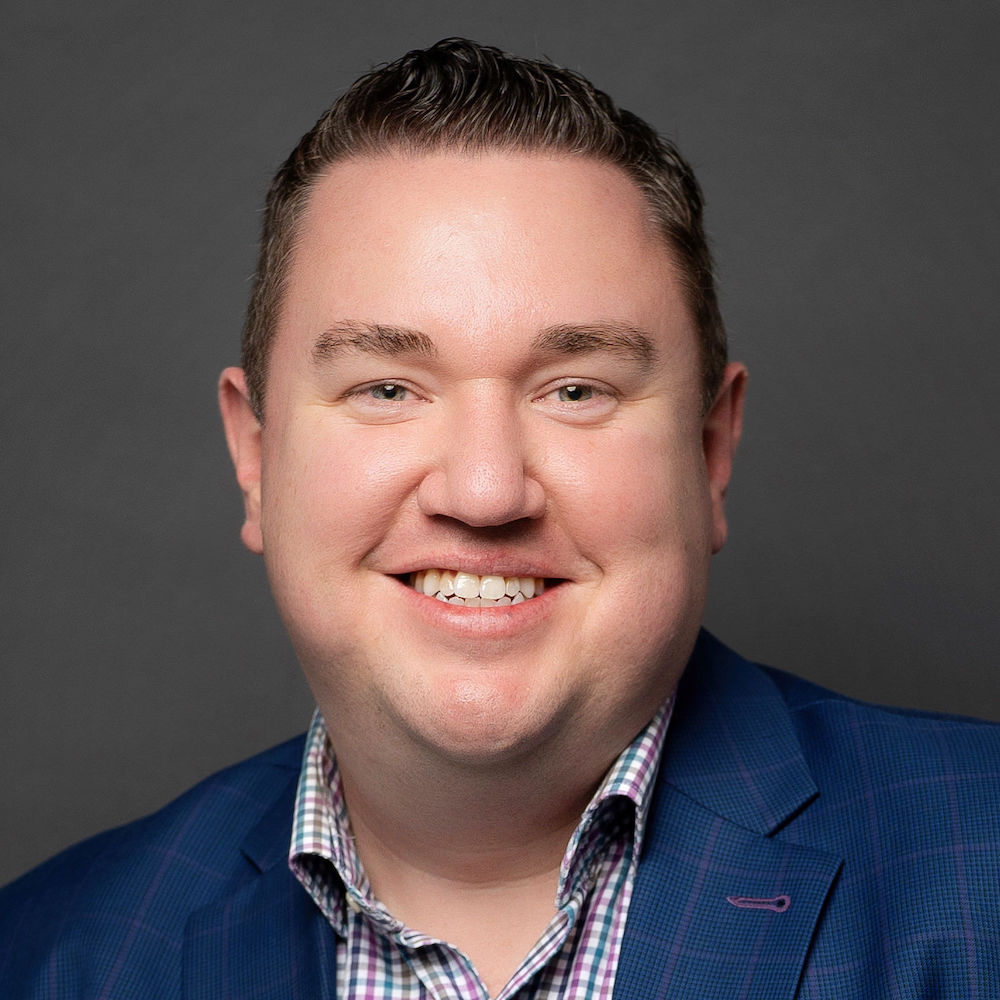
Tom Gronow, EdD, MHA
President and CEO of UCHealth University of Colorado HospitalOften, esophageal and gastric cancers are underfunded, and the focus of most cancer centers is on one piece – the cancer treatment. But novel therapies alone won’t get us there. A holistic approach that emphasizes prevention and early detection may be a more promising anti-cancer strategy.
“Imagine being able to prevent a season of grief for even one of these families each year simply by doing what we already do so well: focusing on preventative health, screening and diagnostics to catch and treat as many cases as early as possible,” said Schulick. “The Rady Center of Excellence will effectively alter the cancer treatment landscape.”
A key element of success is having the right people at the helm. When great people are recruited, the output of great science and great care goes hand in hand. For the Rady Center of Excellence, there was no better person to lead the charge than Wani, who had a personal goal to change the standard of care for esophageal cancer.
A dream realized
Wani came to Colorado 11 years ago with a dream and vision to establish an esophageal cancer center of excellence. A clinician and researcher at heart, his new role as director of the Rady Center of Excellence and the inaugural Rady Endowed Chair in Esophageal Cancer Research gives him an opportunity to conduct high-quality research with the intent of changing patient outcomes.
“When the new center was inaugurated in April 2023, that was one of the happiest days of my life,” he said. “I am profoundly grateful to Katy and Paul for their philanthropic partnership and shared vision.”
Wani views the Radys as an extension of his family after developing a close relationship with them during Paul’s cancer journey. Katy fondly remembers the compassionate care Wani gave her brother when he performed an endoscopy. “I don’t think there could be a kinder, smarter, more forward-thinking person to lead the charge of this new center of excellence than Sachin.”
The most common type of esophageal cancer is esophageal adenocarcinoma which affects cells of the lower esophagus. If someone suffers from reflux for a long time, the inner lining of the esophagus becomes damaged. This is called Barrett’s (or Barrett) esophagus and it is the only precancerous condition of the esophagus.
The reality is that less than 10% of patients with esophageal cancer who had an endoscopy had a prior diagnosis of Barrett’s or were diagnosed through a screening strategy. Those dismal epidemiologic statistics are what we hope to change through this new center.
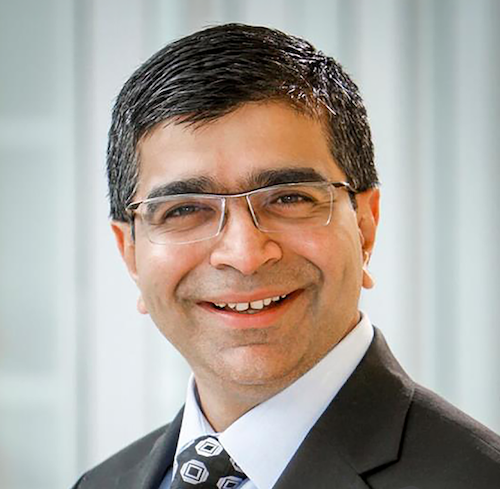
Sachin Wani, MD
professor of gastroenterology and hepatology at the CU School of MedicineOften patients will present with esophageal cancer when complete treatments cannot be offered. Additionally, most esophageal cancers are asymptomatic in the initial stages. By the time people start experiencing symptoms, it can be too late.
According to Wani, by changing the screening models and expanding outreach efforts, physicians and researchers can identify those with precancerous conditions earlier and help ensure they never progress to esophageal cancer.
“In order to stamp out esophageal cancer, we need to have better adherence rates to screening strategies where patients get identified with Barrett’s,” he said. “On the flipside, if they were to develop esophageal cancer, we can then manage it definitively by using endoscopic tools or minimally invasive surgical options.”
Wani hopes to move away from endoscopies being the go-to screening procedure and focus on population-based screening. Imagine being able to swallow a device the size of a capsule during a visit with a primary care provider. If the test comes back positive, only then will a patient need to undergo an endoscopy.
“Primary care physicians are the gatekeepers for all patients that come through the health system,” he said. “They’re the ones providing longitudinal care, so having that outreach and collaboration is critical.”
Another component of the center is the focus on patient advocacy and survivorship. Patients who have been recently diagnosed with esophageal cancer may not know where to go for answers, especially those who live outside Colorado and the Rocky Mountain
region. Wani intends to work more closely with existing advocacy groups such as the Esophageal Cancer Action Network to raise awareness and guide patients.
The tip of the iceberg
The promise to reduce suffering and improve quality of life is a powerful motivator, and it’s a promise the CU Cancer Center intends to keep.
In summer 2023, the esophageal and gastric multidisciplinary clinic expanded to the Rady Center of Excellence to treat patients with benign disorders of the esophagus and stomach. “The infrastructure was already in place for patients, so it was a natural extension of that comprehensive care,” said Wani.
Looking ahead, he hopes the new center will be a blueprint for other institutions across the country and open the door to establish other centers of excellence outside the realm of cancer, such as inflammatory bowel disease, liver diseases, or hepatocellular
carcinoma. With a goal of easing suffering and fueling the cycle of research from bench to bedside, the possibilities are endless for what can be achieved.
“At the end of the day, we are grateful to be able to make a difference for others who are sick and searching for answers,” said Katy. “This place is a shining beacon. With this group here at CU, there is hope.”
Want to share this article with a friend? Send them a link to Momentum via email.
